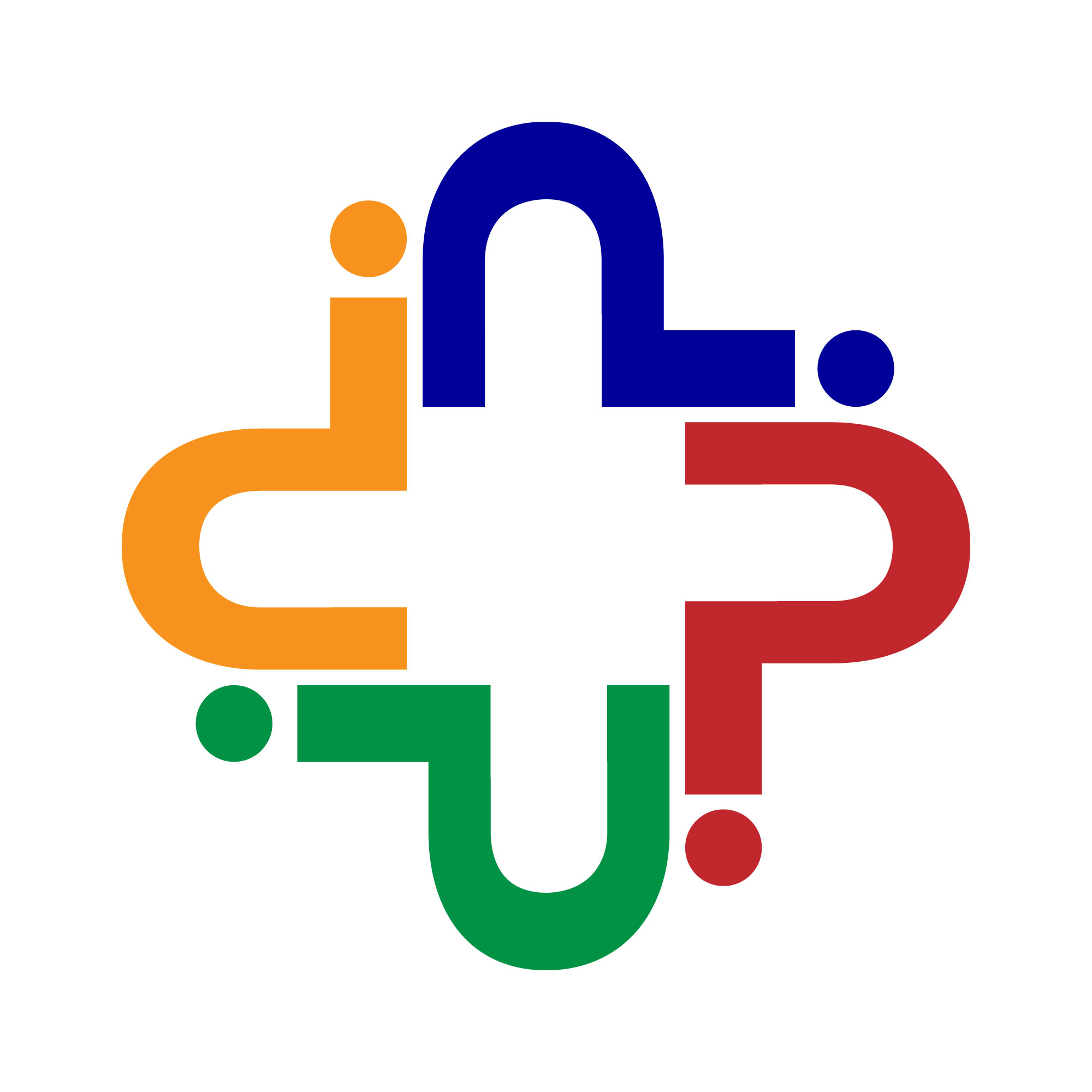In a job interview, when faced with the question, “What is your greatest weakness?” candidates often feel pressured to present themselves in the best light possible. While “perfectionism” has been a commonly used response, it has become somewhat cliché. In this guide, we’ll explore 12 alternative weaknesses that can impress interviewers while demonstrating self-awareness, honesty, and a commitment to personal growth.
Best Answer for What is your weakness?
The best answer for “What is your weakness?” in a job interview is one that demonstrates self-awareness, a willingness to improve, and relevance to the role. Avoid clichés like “perfectionism” and instead, choose a genuine weakness that you have actively worked on addressing. For example, you could say:
“One weakness I’ve identified is my tendency to get overly focused on details, which can sometimes slow down my workflow. However, I’ve been actively working on balancing attention to detail with maintaining efficiency. I’ve implemented time management techniques and prioritization strategies to ensure that I meet deadlines without compromising on quality.”
Common Interview Weaknesses
Common interview weaknesses often revolve around interpersonal skills, time management, or technical abilities. Here are some examples:
- Lack of Confidence: Feeling unsure about your abilities or being hesitant in decision-making can be perceived as a weakness.
- Difficulty with Public Speaking: Many people struggle with speaking in front of large groups or presenting ideas confidently.
- Limited Experience in a Specific Skill: If you lack experience in a particular software, technique, or industry-specific knowledge, it can be seen as a weakness.
- Perfectionism: While aiming for perfection may seem like a strength, it can sometimes lead to excessive stress or indecision.
- Overcommitting: Saying yes to too many tasks or projects can result in burnout or failure to deliver on time.
- Procrastination: Delaying tasks or leaving things until the last minute can impact productivity and quality of work.
- Difficulty with Handling Conflict: Avoiding confrontation or struggling to navigate disagreements can hinder teamwork and communication.
- Resistance to Change: Being hesitant or uncomfortable with new technologies, processes, or ideas can impede progress and innovation.
- Poor Time Management: Difficulty prioritizing tasks or managing deadlines can lead to inefficiency and missed opportunities.
- Weakness in a Specific Skill: Whether it’s coding, writing, or public speaking, acknowledging areas where you need improvement shows self-awareness and a willingness to learn.
Best Weaknesses to Share With an Interviewer
1. Lack of Patience
Admitting to a lack of patience can be a refreshing display of honesty. It shows that you recognize areas where you can improve and are actively working on managing your expectations. You could discuss how you’ve implemented mindfulness techniques or sought guidance from mentors to cultivate patience in challenging situations.
2. Lack of Organization
Acknowledging struggles with organization demonstrates humility and a willingness to be transparent about areas of weakness. You can share examples of how you’ve utilized tools like task management apps or sought advice from colleagues to enhance your organizational skills.
3. Trouble with Delegation
Discussing difficulty with delegation showcases your commitment to teamwork and collaboration. It indicates that you understand the importance of distributing tasks effectively but may struggle with relinquishing control. You could talk about how you’ve learned to trust team members’ abilities and provide them with clear instructions to facilitate delegation.
4. Timidity
Admitting to timidity can be a courageous acknowledgment of vulnerability. It demonstrates an awareness of your communication style and a desire to develop confidence in expressing your ideas. You could share instances where you’ve actively sought opportunities to contribute in group settings or enrolled in public speaking courses to overcome your apprehension.
5. Lack of Tactfulness
Acknowledging a lack of tactfulness reflects an understanding of the importance of diplomacy in interpersonal interactions. It shows that you are aware of how your words and actions impact others and are committed to improving your communication skills. You could discuss how you’ve worked on delivering feedback constructively or sought mentorship to refine your approach.
6. Fear of Public Speaking
Admitting to a fear of public speaking demonstrates vulnerability and authenticity. It indicates that you recognize a common challenge and are willing to confront it head-on. You could share experiences where you’ve volunteered for speaking opportunities or participated in public speaking workshops to build confidence and overcome your fear.
7. Weak Data Analysis Skills
Discussing weak data analysis skills highlights your willingness to acknowledge areas where you may need further development. It shows that you recognize the importance of analytical thinking in decision-making but may require additional training or support. You could talk about how you’ve enrolled in online courses or sought guidance from colleagues to enhance your data analysis abilities.
8. Indecisiveness
Admitting to indecisiveness demonstrates self-awareness and a commitment to making improvements. It indicates that you understand the importance of making timely decisions but may struggle with evaluating multiple options. You could discuss how you’ve developed decision-making frameworks or sought mentorship to streamline your decision-making process.
9. Harsh Self-Criticism
Acknowledging harsh self-criticism reflects a willingness to be introspective and self-aware. It shows that you understand the importance of self-compassion and maintaining a healthy mindset. You could share strategies you’ve implemented to practice self-care and cultivate a more positive self-image, such as mindfulness exercises or seeking support from a therapist or mentor.
10. Micromanaging
Admitting to micromanaging tendencies demonstrates humility and a recognition of the importance of empowering team members. It indicates that you understand the value of autonomy but may struggle with letting go of control. You could discuss how you’ve learned to trust your team members’ expertise and provide them with the freedom to execute tasks in their way.
11. Talkative
Acknowledging talkativeness shows self-awareness and a willingness to adapt your communication style. It demonstrates that you recognize the importance of active listening and are committed to improving your ability to engage in meaningful conversations. You could discuss techniques you’ve employed to become a more attentive listener, such as asking open-ended questions or practicing active listening exercises.
12. Trouble with Work-Life Balance
Admitting to challenges with work-life balance reflects an understanding of the importance of maintaining personal well-being. It shows that you recognize the need to establish boundaries and prioritize self-care. You could discuss strategies you’ve implemented to achieve a healthier balance, such as setting aside dedicated time for relaxation or pursuing hobbies outside of work.
By honestly acknowledging weaknesses and demonstrating a proactive approach to self-improvement, you can impress interviewers and differentiate yourself as a candidate committed to growth and development. Remember, the key is not to dwell on shortcomings but to showcase your resilience and determination to overcome them. Employers value candidates who are self-aware, adaptable, and open to continuous learning and improvement.
CONCLUSION:
In conclusion, identifying and addressing weaknesses in a job interview is an opportunity to showcase self-awareness, humility, and a commitment to personal growth. While cliché responses like “perfectionism” may seem safe, opting for genuine weaknesses demonstrates authenticity and a willingness to improve. By selecting a relevant weakness and providing concrete examples of how you’re actively working to overcome it, you can impress interviewers and differentiate yourself as a candidate who is adaptable, resilient, and dedicated to continuous self-improvement. Remember, the key is not to dwell on shortcomings but to highlight your proactive approach to addressing them, ultimately positioning yourself as a valuable asset to any organization.
FAQs:
- How should I prepare for a job interview?
Answer: To prepare for a job interview, research the company and role thoroughly, practice common interview questions, dress appropriately, and bring copies of your resume and any relevant documents. Additionally, be ready to discuss your skills, and experiences, and how they align with the job requirements. - What should I include in my resume?
Answer: Your resume should include your contact information, a professional summary or objective, your work experience (with relevant job titles, responsibilities, and achievements), education, skills (both technical and soft skills), and any relevant certifications or additional information that showcases your qualifications for the job. - How can I address gaps in my employment history during a job interview?
Answer: When addressing gaps in your employment history, be honest and transparent about the reasons for the gap. Highlight any relevant experiences or skills you acquired during that time, such as freelance work, volunteering, or professional development activities. Emphasize how those experiences have contributed to your overall growth and preparedness for the role. - What should I do if I don’t have much experience in the field I’m applying for?
Answer: If you lack experience in the field you’re applying for, focus on highlighting transferable skills and relevant experiences from other areas of your life, such as previous jobs, internships, volunteer work, or academic projects. Additionally, express your enthusiasm for learning and willingness to undergo training or professional development to quickly adapt and excel in the role.
- How Does Automated Scheduling Save Time and Boost Engagement? - April 16, 2025
- 21 Delicious High Protein Foods - May 31, 2024
- Black Seed Oil: Health and Beauty Benefits - May 30, 2024




